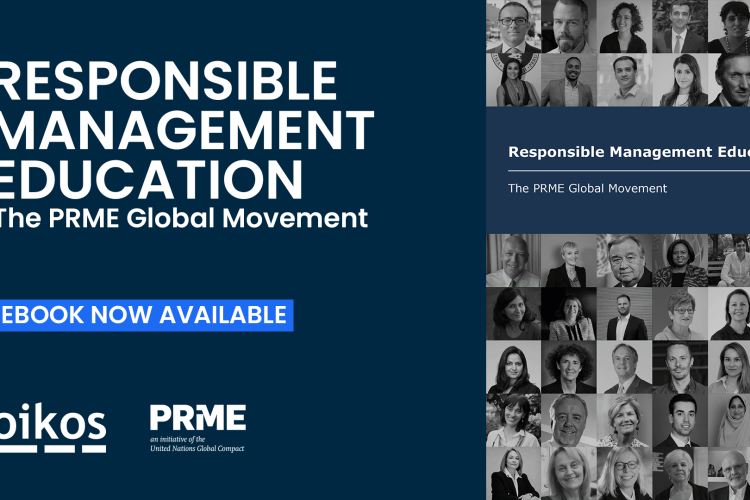Case Abstract
By August 2007, Kapai New Zealand Limited had grown from an idea to two salad stores with two more on the way, and ambitions for national and international expansion. James Irvine and Justin Lester had returned from their travels abroad, keen to start a successful business, and to promote both their country and healthy eating. Despite their big ambitions, they were resource-poor, both in time and money. James was doing daily management of the salad stores, and Justin, who had a day job elsewhere, was working after-hours on strategic and operational plans.
Franchising struck them as a good way to quickly grow the salad store business ahead of competitors also planning expansion – and to ultimately free up more time for soccer and personal relationships. The pair needed to update their business plan and seriously consider the criteria for future store locations, and decide on other revenue-enhancing activities to make Kapai a more attractive franchise proposition. James and Justin wondered how they could enhance Kapai’s environmental and social sustainability without detracting from potential franchisee interest. Whatever options they chose, they needed to not only be good for business, but to stay true to their values and lifestyles and to be practicable as well.
[table id=48 /]




